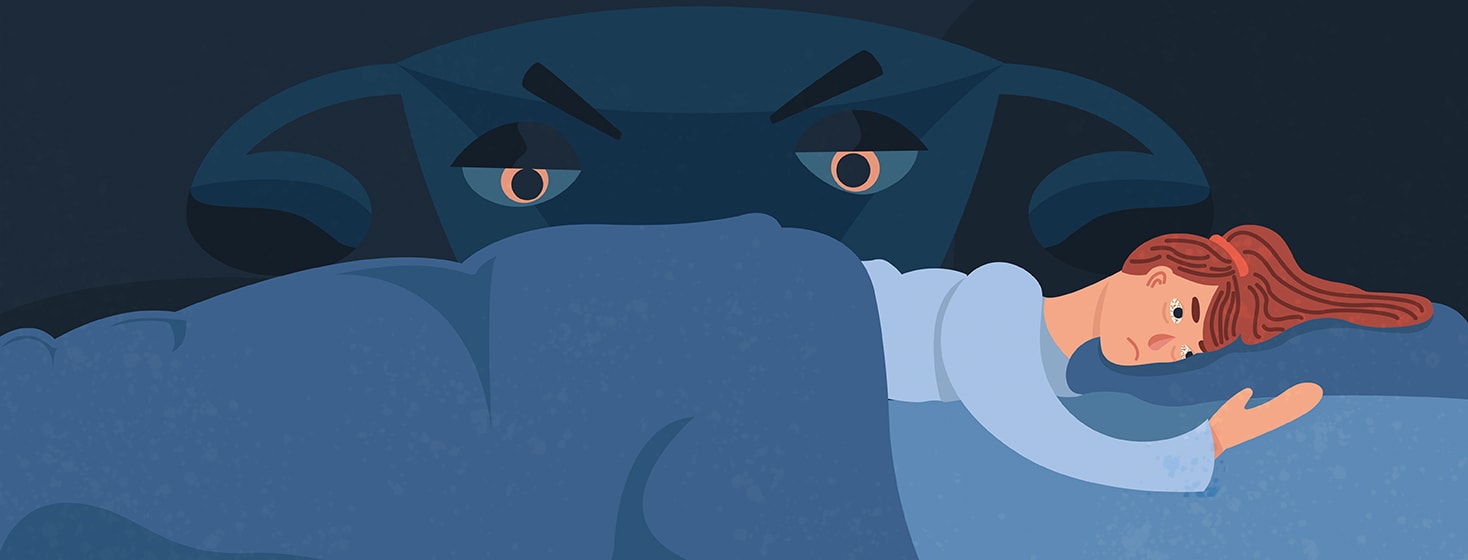Is PMS Insomnia a Thing?
Generally speaking, I’m a good sleeper. I fall asleep within about 15 minutes of lying in bed. While I do wake up about one or two times to go to the bathroom, I fall back asleep pretty easily. I try my best to practice good sleep hygiene – avoid electronics before bed, sleep in a dark cool room, and I love using essential oils like lavender or vetiver to support my sleep.
My struggle for good sleep
I did notice though that there were some random nights that I would really struggle to fall asleep. There didn’t seem to be a rhyme or reason, but I could often tell before getting into bed when it would happen. I was stumped, though, as to why I couldn’t make a particular connection as to what was prompting it.
There wasn’t a change in my diet that day – I was thinking maybe sugar, a glass of wine could have influenced it. I wasn’t on my phone and more or less on these particular nights. My stress levels weren’t any different either. I was really stumped.
Could it be related to my cycle?
Then I heard a friend mention that she gets insomnia a few days before her period. I immediately got curious if the timing of these nights were connected to my cycle. Time would tell. In the meantime, I forgot about it because I was about mid-cycle at this point. But then about 10 days later it happened again... when I was just two days before my period. Was this a thing that I’ve been in the dark about?
So naturally I turned to Dr. Google and whether it was scientifically proven I’m still not sure, but I know I’m certainly not alone it this experience. I discovered so many women that were having a similar experience. Apparently, the shift in hormones are a driving factor.
It’s sparked an interest and curiosity in how our hormones work. Turns out, they run the show when it comes to our health. Yet, because they’re invisible to us as we go about our day, it’s easy for me to forget how important it is to understand that they’re hard at work.
Supporting my hormones
It naturally made me start to explore how I can best naturally support balanced hormones in my body. Dietary changes are certainly a big factor. Changes like eliminating dairy and choosing higher quality meat are steps I’ve personally taken in my diet.
I’ve also learned that the cleaning products in my home can influence hormonal health. I’m diving into the world of endocrine disruptors. Apparently, it’s not just our cleaning products, it’s our bath and beauty products as well.
I’m actually enjoying the process of learning new things about my body. I want to get to know my hormones better because among many other things, they have the ability to keep me up at night before my cycle – which is fascinating to me. What other things are they connected to that I’m not fully realizing? We were taught about hormones in high school sex education, but that was a blimp in time so long ago. I need a re-education!
In what ways have you been able to better understand hormones and the role that they play in your health?

Join the conversation